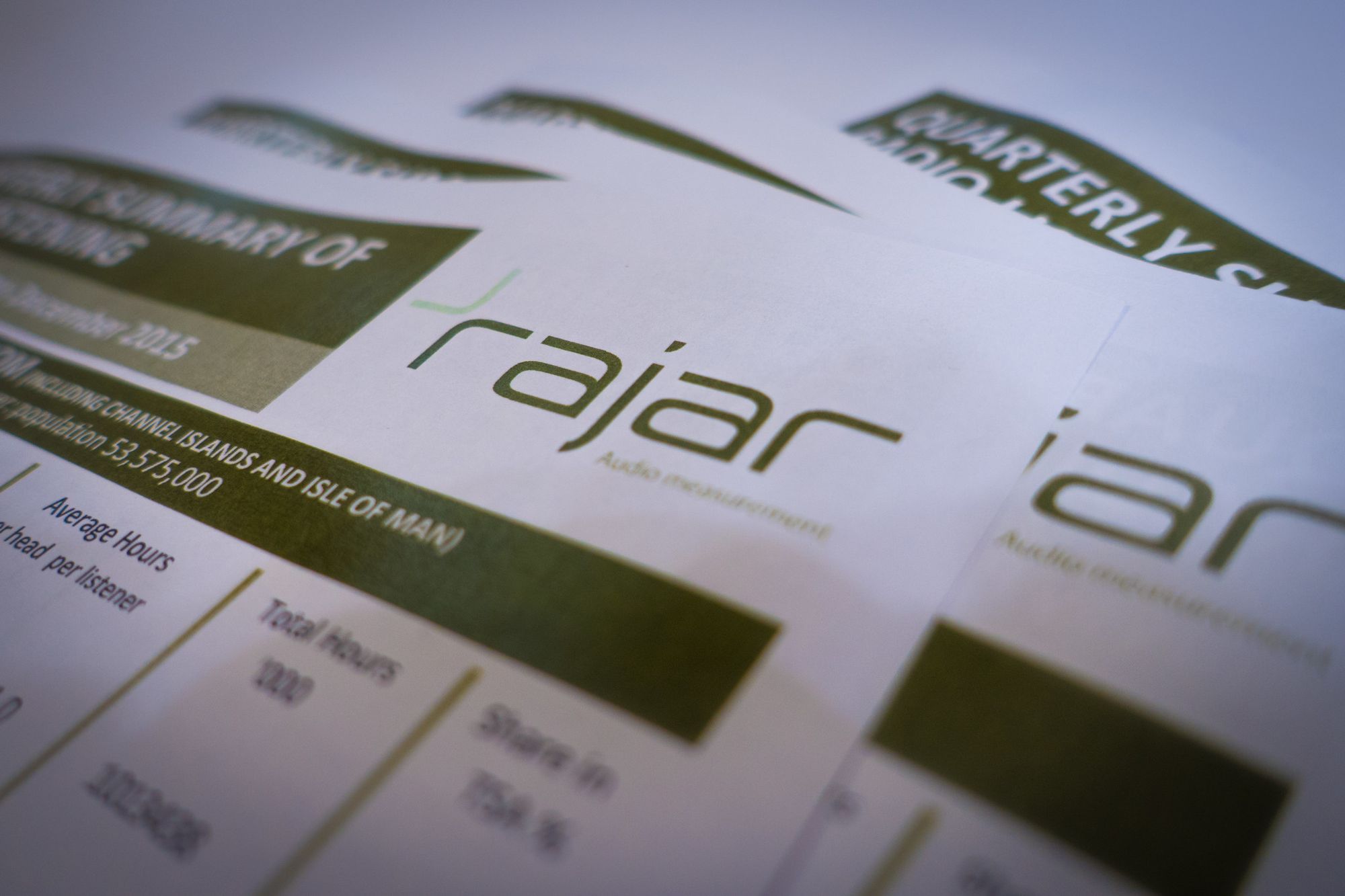Introduction:
Running a radio station requires careful planning, organization, and effective management. Whether you're just starting out or looking to enhance your existing station, understanding the key principles of successful radio station management is crucial. In this blog post, we will discuss five essential points that can help you effectively manage your radio station and achieve long-term success.
Define Your Target Audience:
The first step in managing a radio station successfully is to clearly define your target audience. Understanding who your listeners are and what they want is vital for creating relevant and engaging content. Conduct thorough market research to identify the demographics, interests, and preferences of your target audience. This information will guide your programming decisions, allowing you to curate content that resonates with your listeners and keeps them coming back for more.
Develop a Strong Programming Strategy:
A well-defined programming strategy is the backbone of a successful radio station. It involves creating a diverse range of content that caters to the interests and preferences of your target audience. Start by designing a program schedule that offers a variety of shows, segments, and music genres. Strive for a healthy balance between news, entertainment, music, and other relevant content. Regularly evaluate your programming to ensure it remains fresh, engaging, and aligned with your listeners' preferences.
Invest in Quality Equipment and Technology:
To run a radio station smoothly, you need reliable and high-quality equipment and technology. Invest in professional-grade broadcasting equipment, including microphones, mixers, audio processors, and broadcast software. Additionally, ensure your station's infrastructure, such as servers, streaming platforms, and automation systems, is robust and efficient. By using top-notch equipment and technology, you can deliver superior audio quality and provide a seamless listening experience for your audience.
This is something we can help with here at Streamerr, with our easy to use but innovative systems. Find out more at Streamerr.co!
Foster Engaging On-Air Talent:
The success of a radio station often relies on the talent and charisma of its on-air personalities. Whether it's DJs, hosts, or presenters, your on-air talent plays a crucial role in attracting and retaining listeners. Hire individuals who are passionate about radio, possess excellent communication skills, and have a deep understanding of your target audience. Encourage creativity, provide training opportunities, and foster a supportive work environment to help your talent develop their skills and deliver compelling content.
Embrace Digital Platforms and Social Media:
In today's digital age, it's essential to leverage online platforms and social media to reach a wider audience and engage with your listeners. Create a user-friendly and visually appealing website for your radio station where listeners can access live streams, podcasts, show archives, and other exclusive content. Establish a strong presence on social media platforms such as Facebook, Twitter, and Instagram to promote your station, interact with listeners, and gather feedback. Regularly update your online platforms to stay relevant and keep your audience informed about upcoming shows, events, and promotions.
Conclusion:
Successfully managing a radio station requires careful attention to several key areas. By defining your target audience, developing a strong programming strategy, investing in quality equipment and technology, fostering engaging on-air talent, and embracing digital platforms and social media, you can set your station up for long-term success. Remember, managing a radio station is an ongoing process that requires continuous evaluation, adaptation, and innovation to keep your audience engaged and satisfied. With these key points in mind, you'll be well on your way to managing a thriving radio station that attracts and retains loyal listeners.




